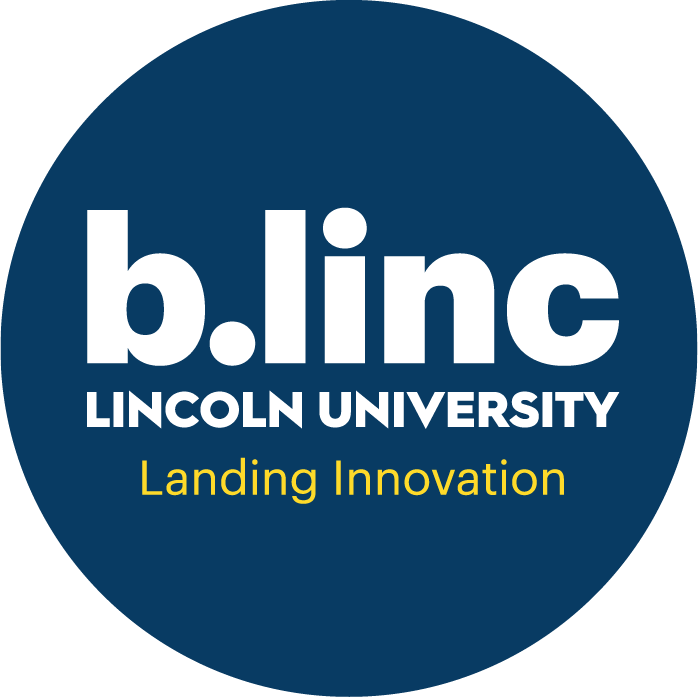Student Sustainability Challenge….”Our Future is in Good Hands!”
“Our future is in good hands.” This encouraging sentiment was echoed throughout the final pitch presentations of the Sustainability Challenge, co-hosted by Blinc and the UC Centre for Entrepreneurship and supported by event partners, the Ministry for Primary Industries and Lincoln University. The challenge brought together 50 cross faculty students from the University of Canterbury, Lincoln University, Otago University and Otago Polytechnic to work in teams to design a business venture in 2025 that contributes to a zero carbon and low-emissions economy with exemplar freshwater standards in New Zealand and then beyond. The results blew us away. The solutions presented not only captured values that are most important to modern consumers, but also used innovative and emerging technology to address our changing climate and some of the most critical challenges facing the primary industries.
Reconnecting with our food by moving beyond the grocery store
My food comes from where? High environmental costs for transport, underutilised productive land, high levels of food waste and the desire for local, high quality, traceable produce were driving factors for the solutions from multiple teams. Third place Team Sproutlabs (Charlotte Berry, Mike Huang, Ashley King, Seong-Young Her and Gunda Kawale) designed a “Hive” which is comprised of individual units called “Hexes” – this at-home gardening solution is 4-D printed from recyclable and renewable plastic, self-watering and solar-powered. This innovative solution allows consumers to grow their own produce in a way that is highly accessible and easy to maintain and establish a community hive to share food – within the community, at school . We also saw other variations of at-home, vertical farms and platforms that connected home-grown produce with potential buyers, to allow consumers to choose transparent, hyper-local produce that has a lower environmental footprint and reduces food waste.
Back to nature
Protecting our natural resources by producing food in way that regenerates and restores our environment is critical as New Zealand transitions to a low-emissions economy. Second place winners, The Silvo Solution, developed a business model for carbon negative farming that provides a transition pathway for farmers to produce a high value product that meets strict environmental and animal welfare standards. Silvo pastoral farming is the intentional combination of trees, forage plants and livestock that meets the demand of consumers looking for carbon negative meat products.
The winners of the 2019 Sustainability Challenge were Team Kelp’n (Jaclyn Phillott, Mikaila Ceelen-Thomas, Abel Goremusandiu, and Jack Holloway), who developed a business model for kelp-based bioplastic food packaging. This impressive solution not only tackles an environmental challenge for Aotearoa and the world, it is also globally scalable but uses the natural resources and conditions to develop a sustainable resource.
Consumer connection
As we look ahead to the future of food and how our changing climate could impact our primary industries, the results of the challenge indicate that yes, we are in good hands, and that these forward-thinking entrepreneurial students not only have an impressive understanding of the challenges we are facing, but also have an outstanding ability to tap into consumer values and think BIG. Nuturing and growing this capability is key for our future…
Thank you to everyone who participated and supported the Sustainability Challenge – without your support, this event would not have been possible!
